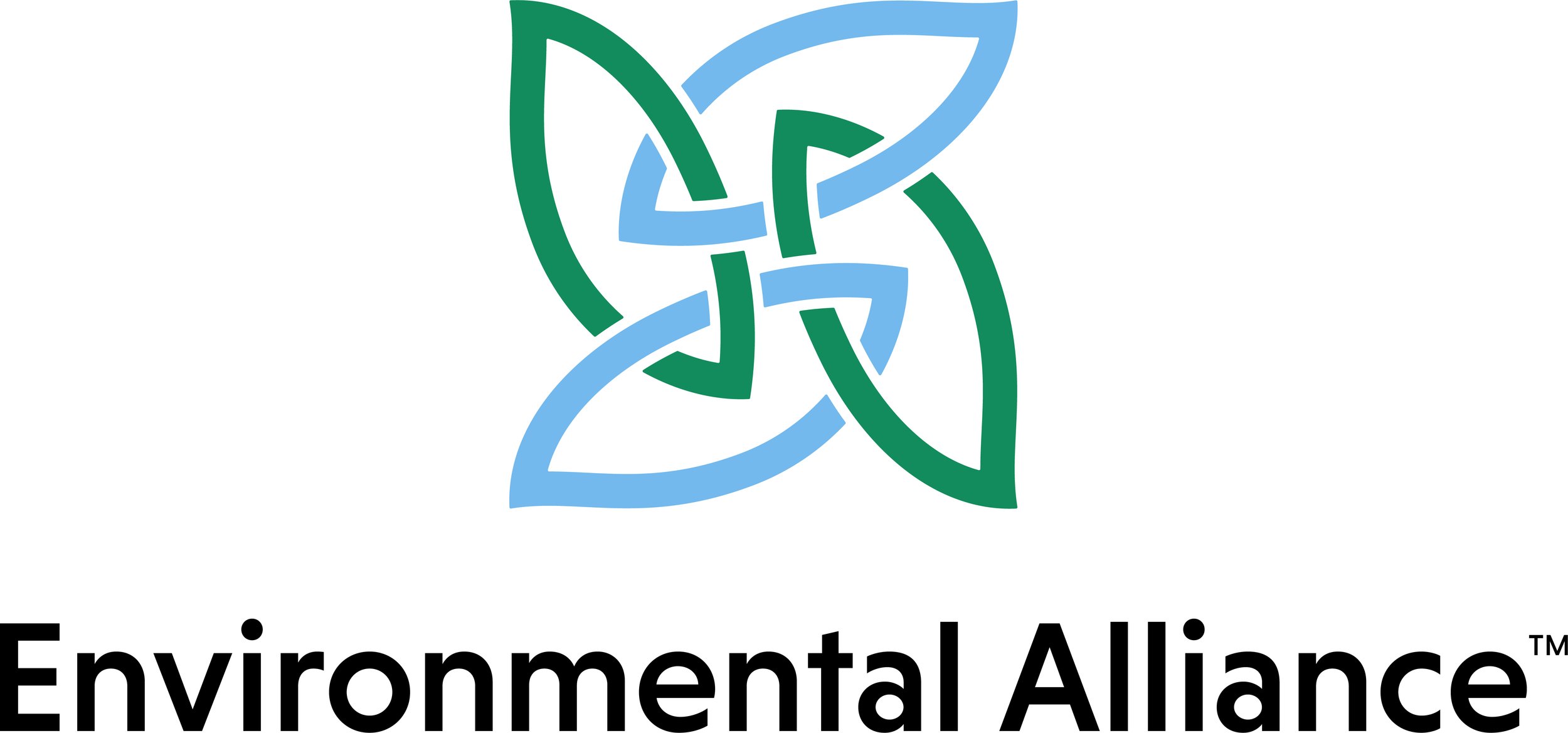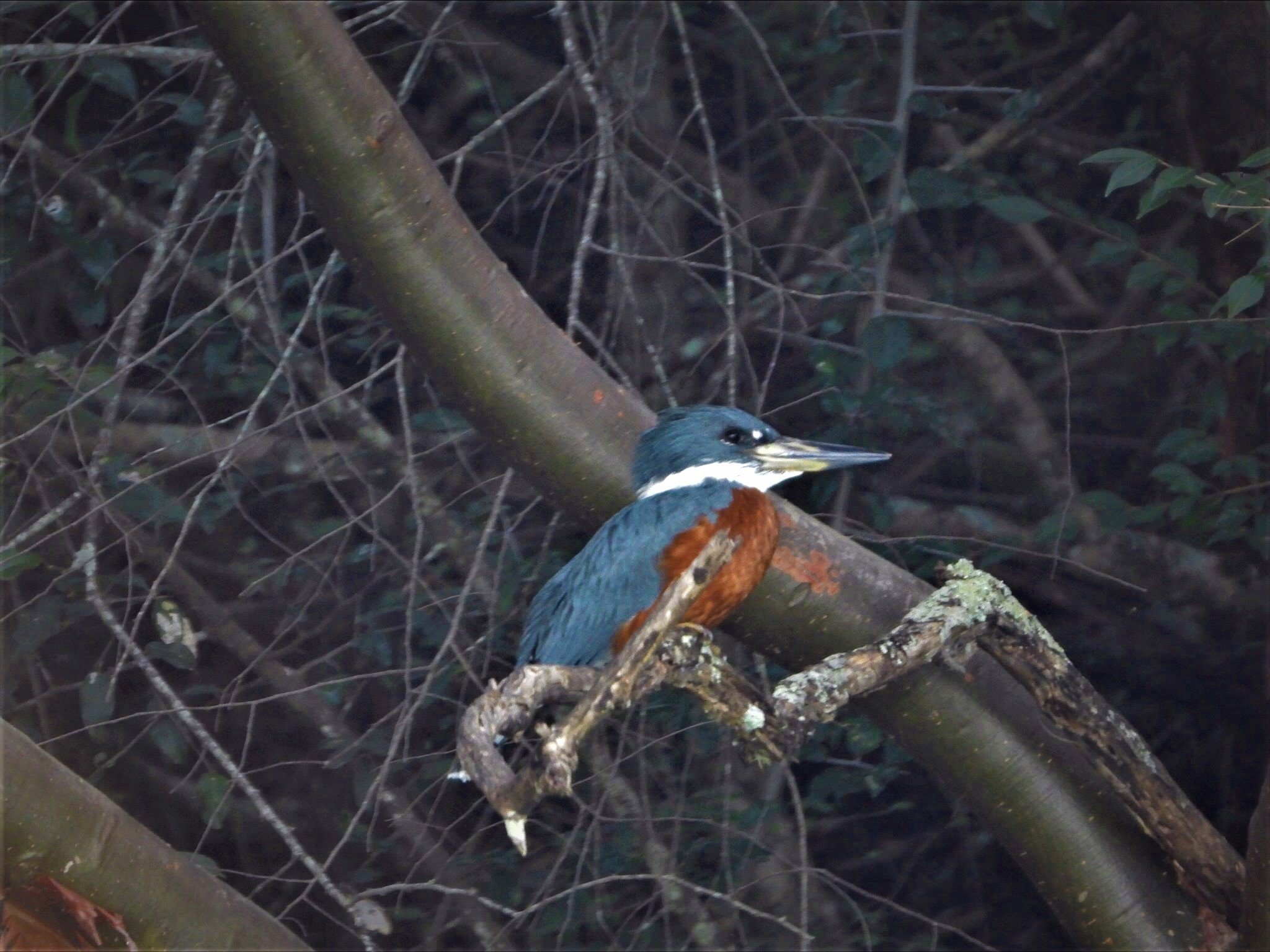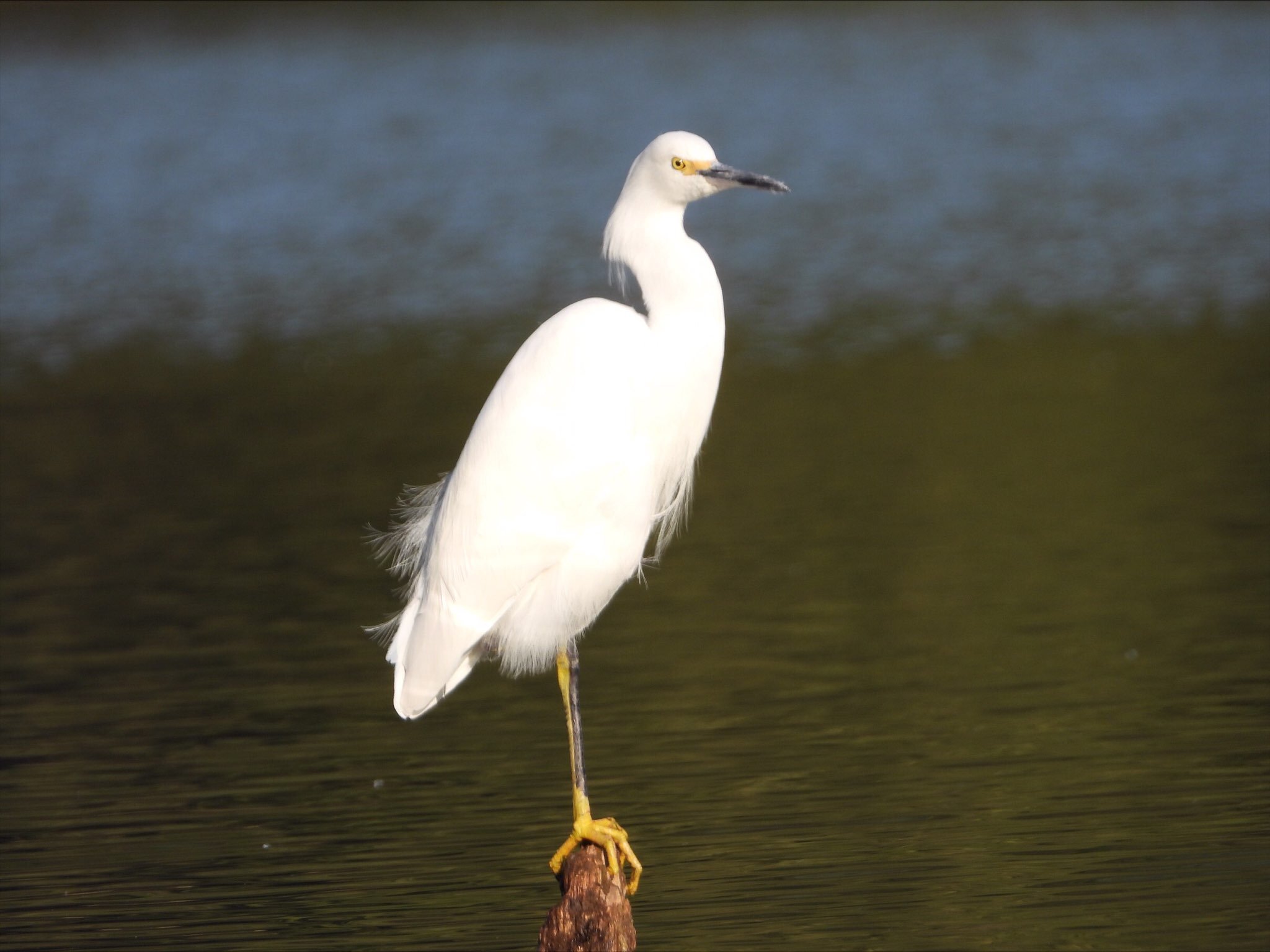Tripee: Eco-Tourism and Social Responsibility
Griss Hurtado, the owner of Tripee, has been inviting volunteers to hop aboard kayaks to “fish” for trash that rainwater washes from the banks of the Escanela River down into the Jalpan Dam, where her company rents kayaks, paddle boats, and a surfboard for paddleboarding.
The Jalpan Dam is a top recreational site for the city of Japlan de Serra, a “Magic Pueblo” in Querétaro, Mexico. The esplanade, which runs 2 kilometers along the dam, attracts walkers, runners, and bikers. The dam is a RAMSAR site, a wetland of international importance with 195 recorded bird species (both native and migratory species). It is common to see bird watchers with binoculars atop lookout towers and people fishing for tilapia, carp, catfish, and bass from boats or the shoreline.
Two weekends in October, two groups of 20 and 25 people “fished out” enough trash to fill 60 large rice bags or enough to fill the bed of a pickup truck. With the help of a donor, Hurtado provided the bags and lunches for volunteers. In January, a similar group traveled by foot along the water’s edge collecting more trash.
One of the groups of volunteers is the Nature Guardians, who are led by Moni Jasso, whom Hurtado gives credit for being the person who inspired her to start doing clean-ups with EcoSierra.
Volunteers were overheard singing, regifting a little plastic Lucha Libre wrestler found floating in the river and pulling one kakayer to shore after she tipped out of her boat. A dog even jumped in to help with the rescue effort. The woman was wearing a lifejacket and was in high spirits later when she reported that she didn’t know how to swim but was enjoying her first time kayaking and would do it again.
Her volunteers get close-up views of elusive kingfishers. Photo credit: Juan Hernández Ramos
An egret perched atop of a flooded Montezuma cypress. Photo credit: Juan Hernández Ramos
Hurtado in September shared an infographic from the National Commission of Natural Protected Areas and the Secretariat of Environment and Natural Resources, two government agencies overseeing the dam, that stated that 90% of plastics are not recycled and often end up contaminating natural areas and affecting wildlife.
There are no recycling facilities for plastic bottles (PET) or aluminum cans within the Sierra Gorda Biosphere Reserve, where Jalpan Dam is located. Local entrepreneurs have responded to this need by collecting recyclable material throughout the Sierra Gorda and selling it to recyclers in Querétaro and San Luis Potosí.
One of the volunteers works at a collection center and brought the recyclables there after the event. Hurtado invites these entrepreneurs to team up with her each time she organizes an event. They are working on creating a circular economy that eliminates waste and values the reuse of materials.
In the Sierra Gorda, there is a concerted effort to minimize solid waste. Grupo Ecológico Sierra Gorda has partnered with businesses and the local municipal governments of Jalpan de Serra, Landa de Matamoros, Peñamiller, Arroyo Seco, Pinal de Amoles, and the Secretariat of Sustainable Development on a strategy with an end goal of achieving Zero Waste.
The state of Querétaro has implemented a ban on plastic bags and straws. The Secretariat of Environment and Natural Resources (SEMARNAT) sees that a reduction in single-use plastics (plastic bags, straws, and styrofoam) will positively impact the environment.
Hurtado is in love with the Sierra Gorda. She started her company with the intention of it being socially responsible. The clean-ups have been a source of personal growth and satisfaction for her. She enjoys planting a seed in the hearts of others to act on behalf of their planet and their community.
Publications on Hurtado´s Facebook page help to promote a culture of environmental stewardship.




